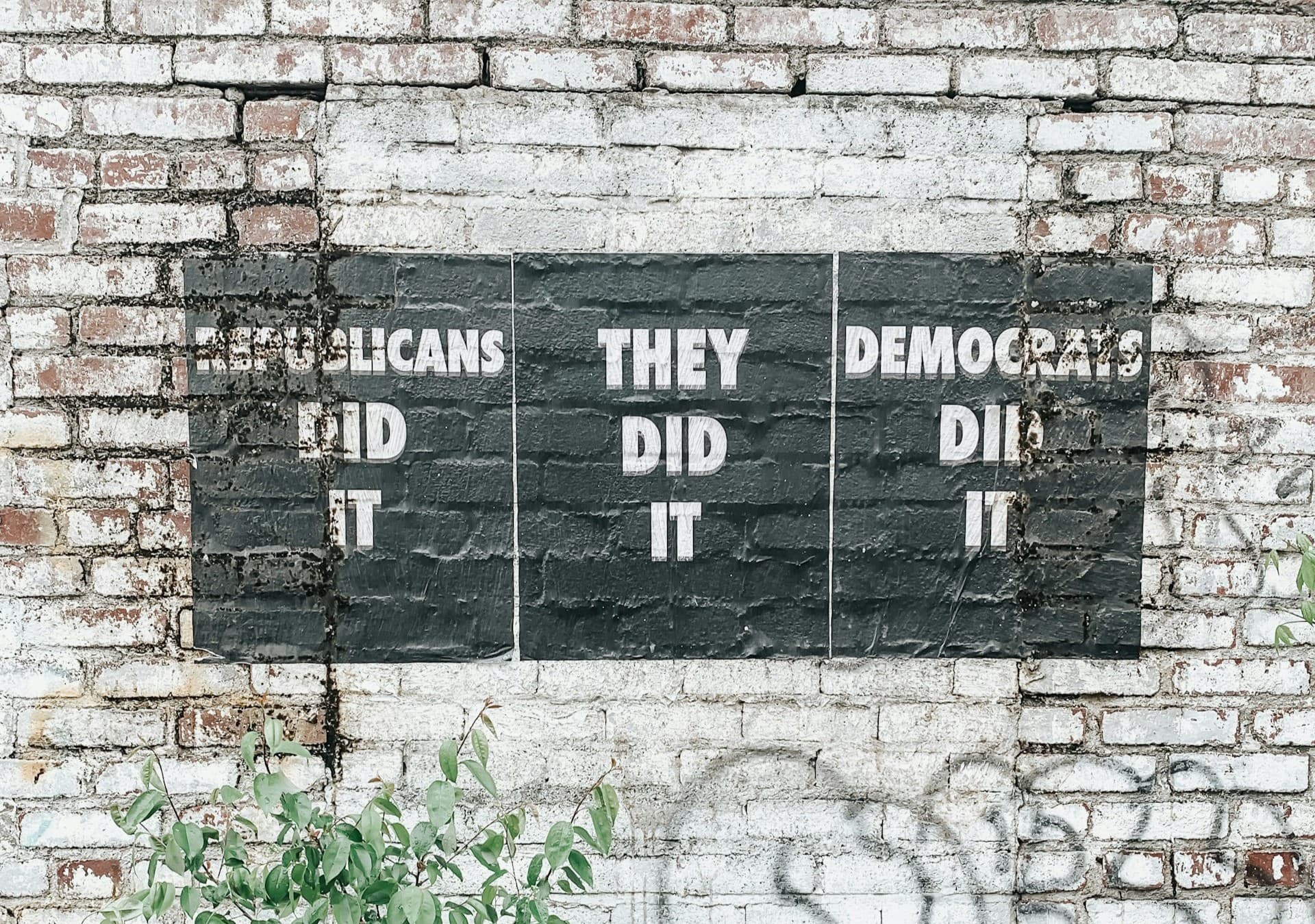5 Ways Social Media Users Can Protect Online Privacy

Whether you support or oppose his controversial acts, Edward Snowden’s revelations of the NSA surveillance program resurfaces the issue of government intrusion, and reminds us to be extra cautious when disclosing tightlipped information across different social media platforms.
You could be a dedicated housewife who secretly enjoys the excitement of weightlifting, a masculine energetic athletic who appreciates the art of sewing, or a Republican who believes in equal marriage. Regardless, you and your life, ranging from excitements to embarrassments, belong to you. Privacy is a personal choice. The information you choose to share should be your choice too.
On that note, as a Social Media Intern for IVN News – a once hyped social media butterfly and a victim of social media identity theft, I feel the urge to provide you with these five steps to help protect online privacy while interacting on different social media platforms.
The ease of having your passwords saved and leaving your account logged on is undeniable. However, if you consider the information linked to your social profiles worthy of privacy, the price for such tedious caution could be worth it.
This might sound obvious, but take the extra time to get to know the privacy protection systems of your various social networks. In the words of Mike Johansson, be the “Friends Only” kind of Facebook users. Only allow your friends to access your information.
(Note: Remember that you can’t make your entire Facebook Cover Photo Album private)
Imagine you are an FBI agent tasked with guarding confidential data. You should encrypt all of your data-storage devices. This means using complex password and changing them often - Not your birthday please! Since you never know when your laptop or mobile devices might get lost or stolen, you can never be too overprotective online with personal information.
Facebook reports 8.7% of its total profiles are fake. This means you could seriously be jeopardizing your private life just by accepting new “friends”. Imagine what a stalker/ stranger could do with the knowledge of your daily schedule, which company you are working for, and your current location.
There is a high chance that any ad or promotion you see online is trying to steal your information. Be extremely wary of clicking on suspicious online advertising, gift card offers and even more cautious when entering your credit card information.
What other precautions do you take when using social media? Comment below!
Photo Credit: Shutterstock / Maksim Kabakou




